Part 3 - "Wake Up! The Bandits Are Coming!"
At the end of March this year, officers from the Kenyan-led Multinational Security Support Mission (MSS) responded to a request for assistance when an armoured Haitian National Police vehicle became stuck in a ditch near Pont-Sondé in Artibonite. The ditch was believed to have been dug by a local gang.
As the MSS officers arrived to help, they were ambushed by armed men, allegedly from the Gran Grif gang. During the firefight, three armoured vehicles were set on fire, and one MSS officer went missing, presumed killed. This incident marked the second casualty for the Kenyans in about a month.
The MSS was deployed to Haiti to help stabilize the security situation and combat the growing power of gangs. Unfortunately, since their arrival, the MSS has faced the same challenges as the Haitian National Police: a lack of manpower, inadequate equipment, and insufficient funding. The gangs continue to maintain the upper hand.
Meanwhile, the humanitarian situation in Haiti continues to deteriorate.
In the final part of this series on Haiti, we will explore the challenges facing the Haitian National Police, the fall of beleaguered Prime Minister Ariel Henry, the rising confidence of the Viv Ansanm gang, the arrival and difficulties encountered by MSS officers, and the escalating humanitarian disaster in the country.
Speakers
Jacqueline Charles, Haiti/Caribbean Correspondent, Miami Herald.
Widlore Merancourt, Editor-in-chief for Ayibopost & reporter for the Washington Post on its Haiti coverage
William (Bill) G. O'Neill, UN Independent Expert on the Human Rights Situation in Haiti
Romain Le Cour Grandmaison, Senior Expert, Global Initiative against Transnational Organized Crime
Sophie Rutenbar, Visiting scholar at the New York University Center on International Cooperation
GITOC Links
The GI-TOC Observatory of Violence and Resilience in Haiti
Haiti, caught between political paralysis and escalating violence - https://globalinitiative.net/analysis/haiti-caught-between-political-paralysis-and-escalating-violence/
Kenya’s High Court blocks proposal to send police support to Haiti - https://globalinitiative.net/analysis/kenyas-high-court-blocks-proposal-police-support-haiti/
Will the Artibonite massacre be a turning point in Haiti - https://globalinitiative.net/analysis/artibonite-massacre-haiti/
Gangs of Haiti: Expansion, power and an escalating crisis - https://globalinitiative.net/wp-content/uploads/2022/10/GITOC-Gangs-of-Haiti.pdf
Violence in Haiti: A continuation of politics by other means? - https://globalinitiative.net/analysis/violence-in-haiti-politics-crime-gangs/
Additional...
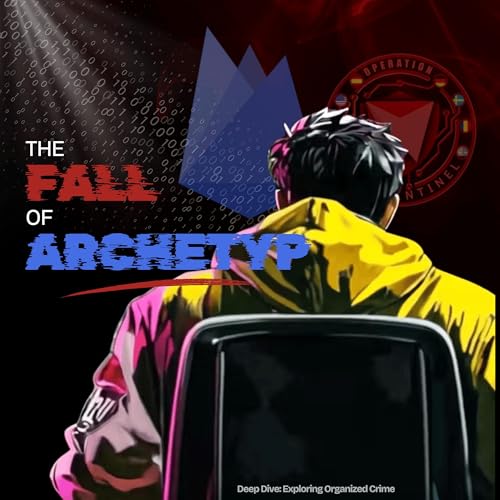 1 h et 1 min
1 h et 1 min 45 min
45 min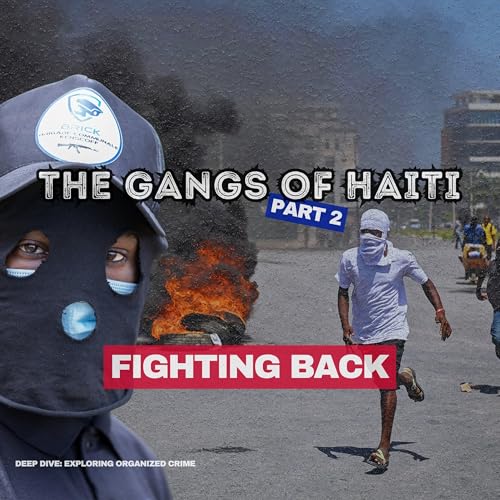 Apr 30 202556 min
Apr 30 202556 min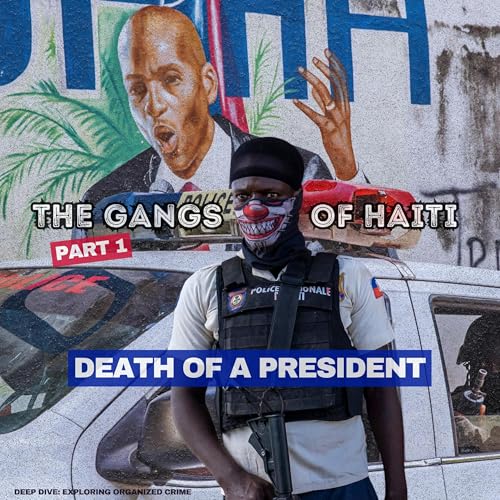 1 h et 6 min
1 h et 6 min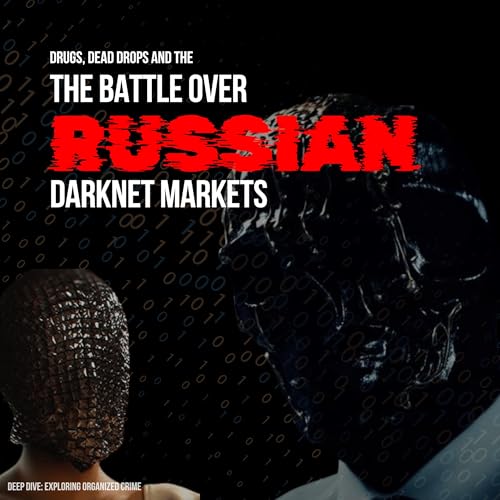
 Nov 27 202445 min
Nov 27 202445 min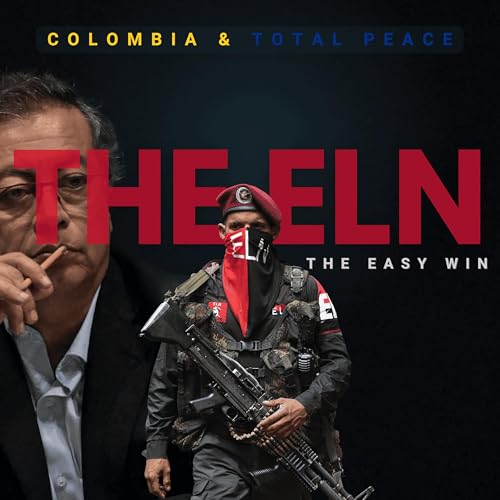 Oct 28 202459 min
Oct 28 202459 min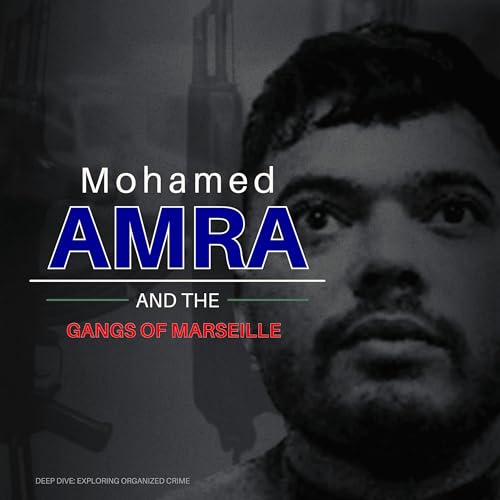 36 min
36 min
